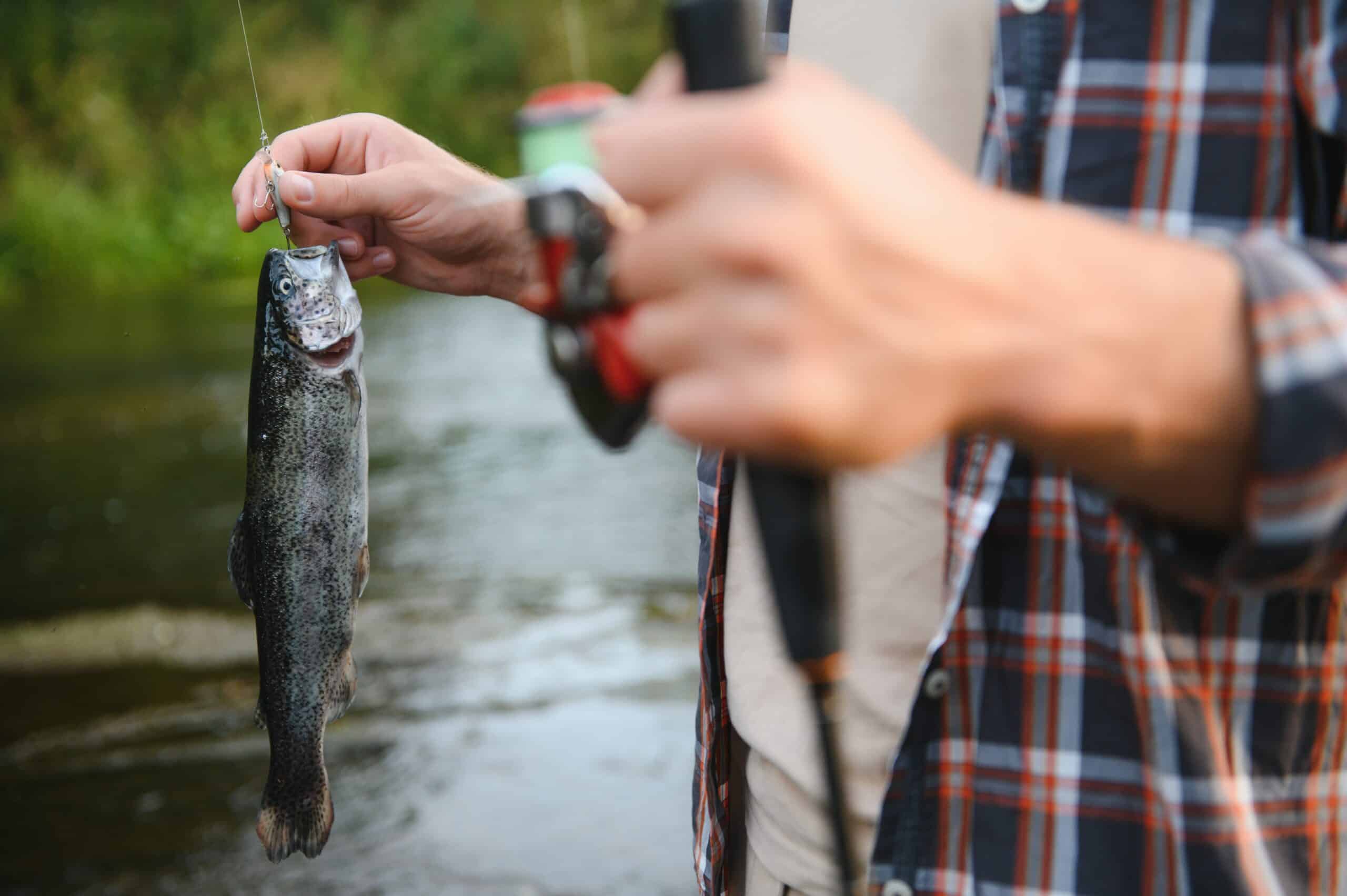How to Clean Fishing Tools
Key Takeaways
- Regular cleaning of fishing tools is essential for their longevity and optimal performance
- When cleaning fishing rods, it is important to remove the reel first and use warm soapy water to clean the rod shaft and vinegar for any corrosion on the guides
- Cleaning fishing reels requires rinsing with clean water, disassembling for deep cleaning, and lubricating with reel oil and grease
Keeping your fishing tools clean and well-maintained is essential for their longevity and optimal performance. Regular cleaning not only removes dirt and grime but also helps prevent corrosion and damage to your fishing gear. In this article, we will discuss the best practices and techniques for cleaning different fishing tools, including rods, reels, lures, lines, and hooks.
Cleaning Fishing Rods
When it comes to cleaning fishing rods, it is important to start by removing the reel from the rod’s reel seat. This allows for better access to clean the rod thoroughly. Begin by wiping down the rod shaft with a cloth soaked in warm soapy water. Gently scrub the rod guides using a cloth or a Q-tip. If you notice any corrosion on the guides, you can use vinegar to remove it. However, be careful not to apply vinegar on any other parts of the rod as it may cause damage.
Cleaning Fishing Reels
Cleaning fishing reels requires a bit more effort but is crucial to maintain their smooth operation. Start by rinsing the reel with clean water, making sure to wind the reel a few times to remove any salt and dirt deposits. If you notice any stubborn dirt or corrosion, you can use a cloth soaked in mild soap water or specialized fishing gear cleaner to clean the reel body. For deep cleaning, it is advisable to disassemble the reel, clean each component, lubricate them with reel oil and grease, and then reassemble the reel.
Cleaning Lures and Baits
Lures and baits can accumulate dirt and rust over time, affecting their effectiveness. To clean lures and spoons, you can soak them in vinegar for around 24 hours and then scrub off any rust with an old toothbrush. For soft plastic baits, soaking them in hot soapy water, rinsing them thoroughly, and letting them dry before storing is recommended.
Cleaning Fishing Lines
Fishing lines also require regular cleaning to remove dirt and debris. To clean monofilament lines, inspect for any damaged sections and cut them off. Dampen a cloth with water and wipe the line gently, avoiding excessive rubbing or twisting. For braided lines, use a soft cloth or sponge dampened with water. For deeper cleaning, a mild soap solution can be used. Fly fishing lines can be rinsed in warm water and cleaned with mild soap or fly line cleaner.
Cleaning Fishing Hooks and Swivels
Clean fishing hooks and swivels by rinsing them with freshwater to remove salt and debris. It is essential to keep them clean and dry to prevent rusting and corrosion. Regularly inspect and sharpen fishing hooks using a sharpening tool or fine-grit sharpening stone, following the original shape and angle of the point. Store hooks in tackle boxes or hook organizer containers to keep them organized and protected.
Recommended Cleaning Products
When cleaning fishing tools, it is essential to use the right products to ensure effective cleaning without damaging the equipment. Some recommended cleaning products include:
These products, along with other cleaning supplies such as soft-bristled toothbrushes, microfiber or cotton cloths, reel oil and grease, and water, can help you effectively clean and maintain your fishing gear.
Conclusion
Cleaning fishing tools is an essential part of maintaining their performance and extending their lifespan. By following the recommended cleaning techniques and using the right cleaning products, you can ensure that your fishing gear stays in top condition. Regular cleaning, especially after each fishing trip, will help prevent corrosion, remove dirt and grime, and keep your fishing tools ready for your next adventure on the water.
Related Websites:
FAQs:
Q: Why is it important to clean fishing tools regularly?
Regular cleaning of fishing tools ensures their longevity and optimal performance. It prevents the buildup of dirt and grime that can deteriorate the tools over time. Clean tools also help maintain the effectiveness of hooks, improve casting accuracy, and reduce the risk of corrosion.
Q: What fishing tools require regular cleaning?
Various fishing tools require regular cleaning, including rods, reels, hooks, and fishing lines. Cleaning each tool is important to remove dirt, saltwater residue, and other contaminants that can impact their functionality and durability.
Q: How should fishing tools be cleaned?
To clean fishing tools, start by rinsing them with freshwater after each use to remove salt and debris. Use a mild soap or specialized cleaning agent to scrub away any remaining dirt or stains. Pay attention to delicate parts, such as reel mechanisms, and ensure proper drying to prevent rusting. Refer to specific cleaning instructions provided by manufacturers for different tools.
Q: How can I maintain clean fishing tools?
To maintain clean fishing tools, store them properly after each use. Avoid leaving them exposed to moisture or extreme temperatures. Use protective covers or cases to prevent dust and debris buildup. Regularly inspect and maintain the tools, lubricating moving parts as needed to ensure they remain clean and functional.






